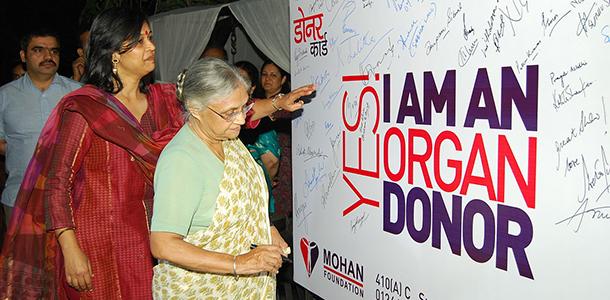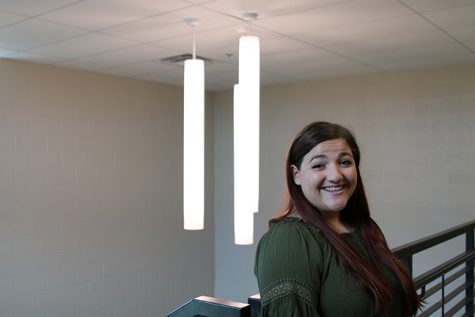The kid needs a kidney!
According to UNOS, the United Network for Organ Sharing, there are so many people waiting for an organ transplant in the United States, that those people could fill two large football stadiums. With the 300 plus million people living in the United States alone, it shouldn’t be hard to find organs for the patients on the waiting list. However, the ratio of donors, both living and deceased, to those on the waiting list is 1:8.
Oftentimes we remain oblivious to the problems around us until we experience them first-hand. Having a sister who is in need of a kidney transplant and possibly a liver transplant as well, brought the harsh realities of what it is like to be on a transplant list to light. After spending night after night looking into the system more, some of the data I found was concerning. The first was the amount of people not registered to donate organs, and the second was a new rule put in place by UNOS regarding the criteria looked at when matching an organ to a patient on the list.
Regardless of if we want it to happen or not, at some point in our life we die. The question arises, what need do we really have for our organs when we are dead? Most people are either cremated or buried underground in a casket. Neither option has any use or importance for organs. Instead of choosing not to be an organ donor and letting their organs go to waste, people should give others that are still alive a chance to continue living. Being an organ donor is essentially giving someone else the chance to live. Those who are not are taking away innocent lives, ruining someones second chance.
Both organ donors and recipients have to go through an extensive list of qualifications before actually being placed in the database. One specific rule regarding the recipients had a huge impact on the total transplants done in a year. This rule states that adults needing two transplants trump children needing a transplant. The effect this has had can be seen in the number of transplants Children’s Mercy Hospital performed before and after the rule was put into place. Previously, according to informative meeting under the supervision of their transplant committee, CMH did an average of three transplants per month. In the past year after the rule was put in place, they only performed six.
My sister has been on the waiting list for 14 years, yet this rule prevents her from receiving the one thing both she and our family desire most. While I may be biased due to having a sister, this rule affects countless other families as well. Children deserve the chance to grow up and become adults, to experience life. Adults have had this chance, and while no life is more important than another, this rule puts adults on a higher stand than children.
It is up to us to be the change we want to see, to take the first step in providing the best future possible. I ask, on behalf of my sister and every other person out there in need of a transplant, sign up to be an organ donor and make a change in this world.



